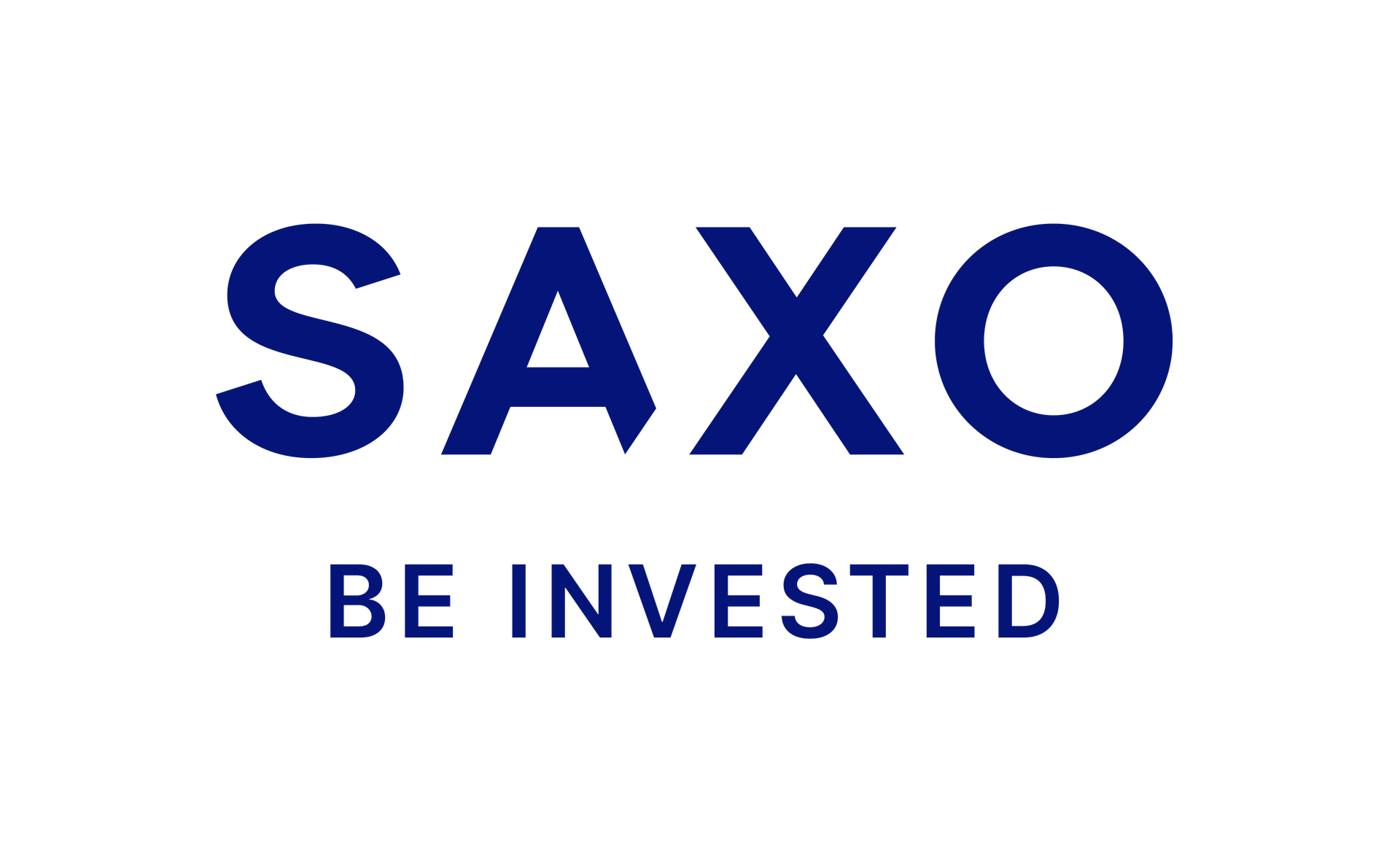MIDAS SHARE TIPS: Scorching return… steam technology pioneer Spirax Group is a good tip
The Wuhan Central Hospital was unusually busy in April 2020. Four months earlier, Wuhan’s main health center was the first place to be diagnosed with Covid-19. It was overcrowded with desperately ill patients and overworked staff.
At that point the steam system stopped working, so there was no heating, no hot water and few options to properly treat the sick. A brave engineer, dressed from head to toe in protective equipment, entered the site and solved the problem.
That man worked for Spiraxa Cheltenham-based company that has become a world leader in steam products, technology and know-how. Steam is used in almost every industrial process there is, from complex chemical production to jam making.
Easy to produce and extremely efficient: steam heats buildings and products, cleans and sterilizes equipment, cooks food, produces hot water, humidifies spaces and has many other applications. Spirax equipment ensures that steam fulfills its potential and reaches the right places at the right time, at the right temperature and at exactly the right pressure.
Customers range from multinationals such as Diageo, Mars and Nestle to breweries and car manufacturers, hospitals, water companies, oil companies and mining companies. The group works with more than 100,000 companies in 160 countries around the world.
Many companies have been working with Spirax for years, not only because the equipment is of high quality, but also because the group offers specialist advice from 2,100 experienced engineers who work directly with factory managers to find out what they need and how best to get it deliver.
Cash Flow: Spirax shares look set to rise as demand grows for its steam-powered technology
Founded in 1888, Spirax specialized in steam from the start. However, it subsequently expanded to electric heating and fluid technology. The fluids industry is all about pumps, hoses, connectors and other components that allow fluids to move from one place to another, often in sterile environments, where safety is paramount.
Customers are active in sectors from beer to biotech. Drug manufacturers account for about half of the industry’s sales, and many products are single-use and used in advanced processes such as cell and gene therapy.
The third part of the Spirax group focuses on the supply of electric heating systems and boilers. Steam can be used at temperatures up to 360C. Some sectors of industry need much more. For example, part of the process behind semiconductor manufacturing requires temperatures of 450 degrees Celsius for hours without any variation.
Spirax supplies the element that makes that possible, and the group is working on new products that can deliver temperatures above 700 degrees Celsius.
Electrification can have a dramatic impact on customers’ carbon footprint. Today, around a fifth of global CO2 emissions come from heat used in industry – more than all the world’s cars, planes, trains and trucks combined.
Electrical systems can make a dramatic difference, especially if they are powered by renewable energy, such as wind or solar power. Spirax chief executive Nimesh Patel is on a decarbonisation mission, encouraging steam customers to switch from oil and gas-fired systems to their electric equivalents and finding new companies attracted to this type of technology.
The group is a pioneer in this area and Patel believes it can generate billions of pounds in revenue over the next decade and beyond.
Recent times have been tough for Spirax. The group’s fluid technology business helped make Covid vaccines, boosting revenues as the world got injected. Businesses also rebounded vigorously after the pandemic, causing sales and profits to soar in 2021 and 2022.
However, circumstances changed last year when interest rates rose, economic growth faltered and many companies were reluctant to place new orders. Spirax’s profits fell in 2023 and first-half results fell below expectations.
Now, however, the company appears to be on the verge of recovery. A recent trading update pointed to steady sales and profits this year, reassuring brokers who feared tough conditions would take their toll.
Next year, sales are expected to rise by around 6 percent to £1.8 billion, approaching £1.9 billion by 2026. Profits are expected to rise by more than 11 percent to £321 million in 2025, and more than £360 million the following year.
Spirax also has an enviable dividend record: 56 years of consistent growth, with more expected from now on: £1.64 for 2024 and over £1.70 for 2025.
Midas judgment: Spirax has a long history of unhindered growth and its stock price reflected that record. The recent disappointment has sent the stock into a downward spiral from £161 to £71. They should rise from here, making this a good time to buy.
Traded on: Goal ticker: SPX Contact: spiraxgroup.com
DIY INVESTMENT PLATFORMS

A. J. Bell

A. J. Bell
Easy investing and ready-made portfolios

Hargreaves Lansdown

Hargreaves Lansdown
Free fund trading and investment ideas

interactive investor

interactive investor
Invest for a fixed amount from € 4.99 per month

Sax

Sax
Get £200 back in trading fees

Trade 212

Trade 212
Free trading and no account fees
Affiliate links: If you purchase a product, This is Money may earn a commission. These deals have been chosen by our editors because we believe they are worth highlighting. This does not affect our editorial independence.
Some links in this article may be affiliate links. If you click on it, we may earn a small commission. That helps us fund This Is Money and keep it free to use. We do not write articles to promote products. We do not allow a commercial relationship to compromise our editorial independence.
